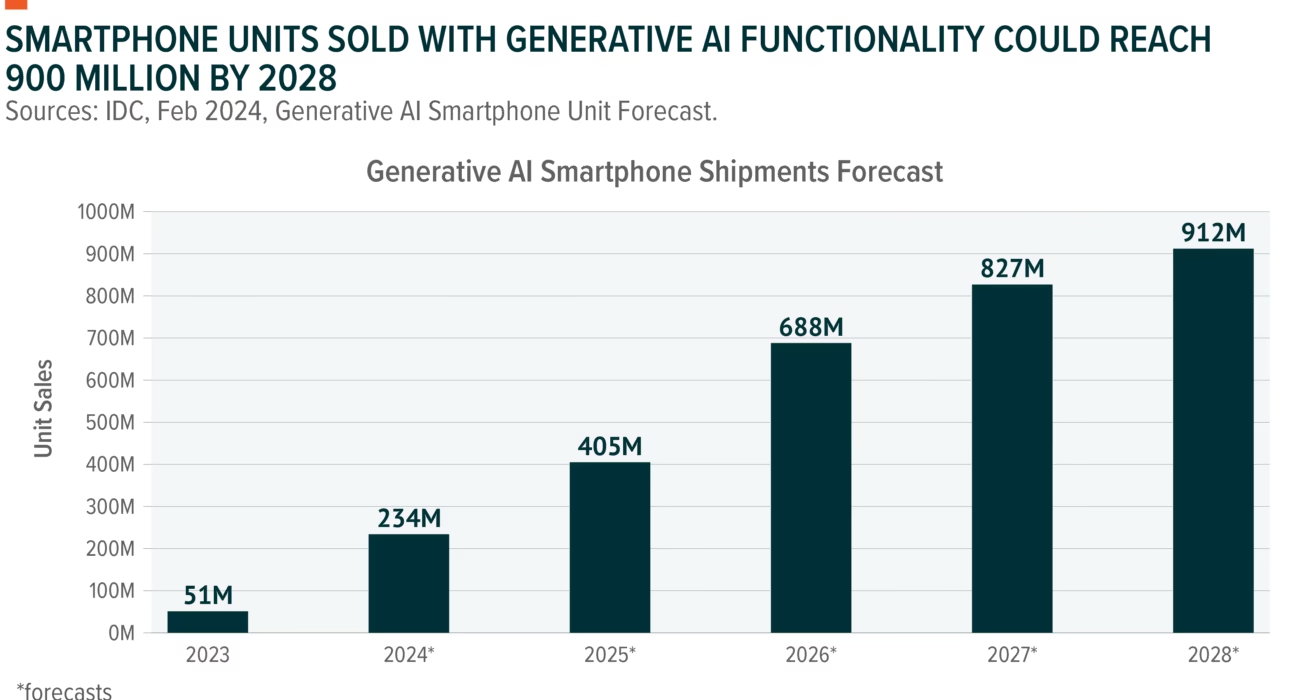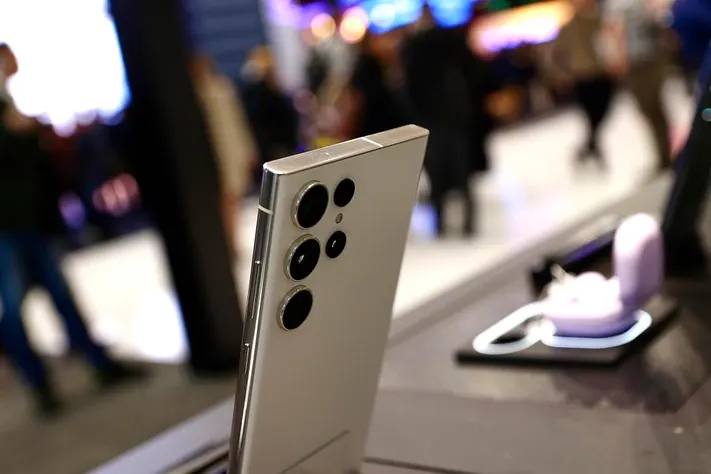“`html
Introduction: The Dawn of the AI-Powered Smartphone
Artificial intelligence is no longer a concept confined to science fiction; it’s a present reality that is fundamentally transforming our smartphones.
This year marks a significant inflection point for AI integration in mobile devices, setting the stage for rapid expansion in the AI smartphone market growth 2025.
This evolution is reshaping user experiences, device capabilities, and the industry itself, signifying a profound impact of AI on smartphones.
We’ll be exploring cutting-edge examples like the Samsung Galaxy AI features and Google Pixel AI capabilities, which are prime showcases of this AI revolution.
Join us as we delve into the projected AI smartphone market growth 2025 and what consumers can anticipate from the best AI smartphones 2025.
The Explosive Trajectory: AI Smartphone Market Growth 2025 and Beyond
The AI smartphone market growth 2025 is not merely a projection; it’s a confirmed trend backed by authoritative sources that highlight a dramatic upward trajectory.
The statistics are compelling:
- The global generative AI smartphone market is expected to surge, growing at a Compound Annual Growth Rate (CAGR) of 40.9% from 2024 to 2030. This growth is projected to result in nearly 1.87 billion units by 2030, a significant leap from just 52.1 million units in 2023. (Source: Grand View Research).
- In 2024, an estimated 240 million AI smartphones were shipped globally, with strong double-digit growth anticipated to continue unabated. (Source: Grand View Research).
Several key drivers are fueling this explosive “AI smartphone market growth 2025”:
- Consumer Demand: There’s a growing desire among users for smarter, more intuitive, and highly personalized features that enhance their daily mobile interactions.
- Technological Advancements: Significant progress in AI algorithms, coupled with the development of specialized hardware like Neural Processing Units (NPUs) integrated into mobile processors, is pushing the boundaries of what’s possible.
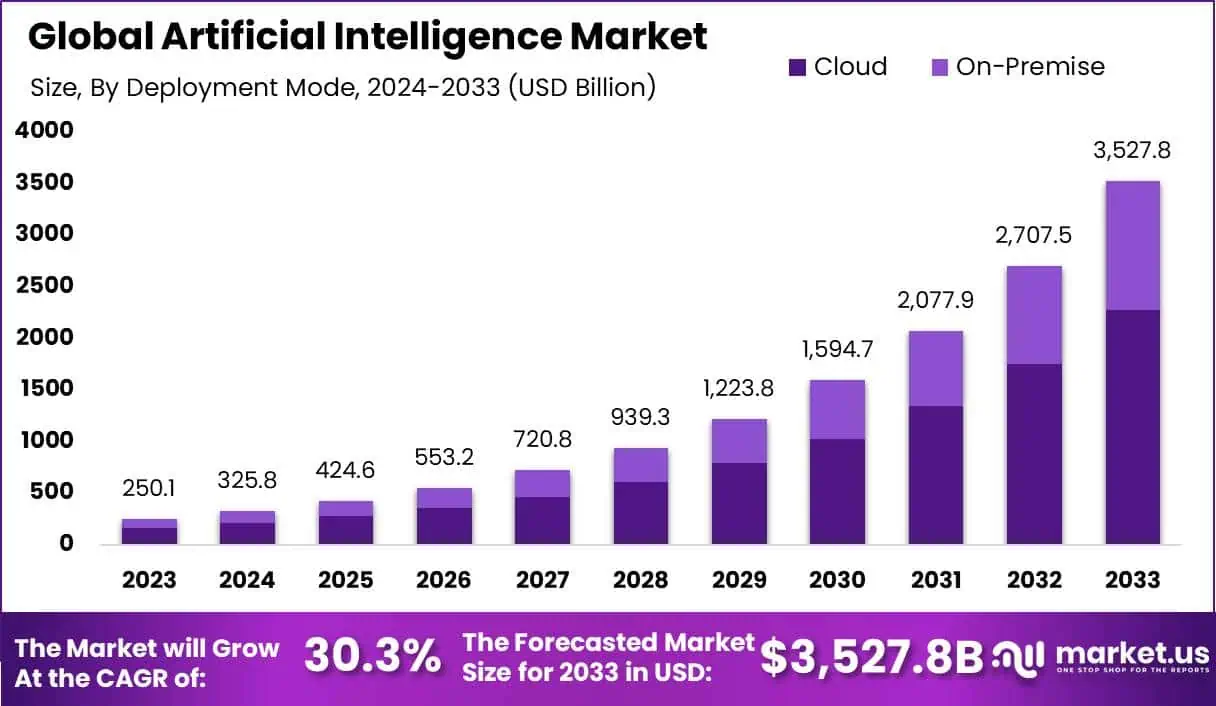
- Infrastructure: The widespread deployment of 5G technology is crucial, enabling faster, real-time on-device AI computations and seamless connectivity.
- Privacy Concerns: An increasing industry focus on “on-device AI” processing is a direct response to user privacy concerns. This shift prioritizes keeping data on the device rather than sending it to the cloud, thereby enhancing user privacy and data control. (Source: Grand View Research, Market Data Forecast).
The trend towards more powerful and accessible AI on our mobile devices is undeniable, driving innovation and shaping the future of personal technology. This transformation is part of a broader shift, as AI continues to change the world in myriad ways, with smartphones at the forefront of this revolution.
Furthermore, the ongoing development of cutting-edge AI technologies is directly influencing the capabilities we see emerging in smartphones, while AI-powered productivity apps are becoming increasingly integrated into the mobile experience.
The Transformative Impact of AI on Smartphones
The comprehensive “impact of AI on smartphones” extends far beyond simple feature enhancements; it fundamentally alters the user experience, making our devices more intelligent, intuitive, and personalized.
Enhanced User Experience
- Personalization: AI algorithms enable highly tailored recommendations for content, apps, and even device settings, adapting the phone to individual user habits and preferences.
- Communication: AI is revolutionizing how we communicate with features like smarter predictive text that learns your writing style, real-time translation capabilities that break down language barriers, and AI-assisted summarization of lengthy messages and documents. (Source: Grand View Research, Market Data Forecast).
- Photography and Videography: The camera is a prime beneficiary of AI. Intelligent scene recognition optimizes settings automatically, computational photography enhances image quality beyond hardware limitations, and AI-powered editing tools offer capabilities like unblurring photos, removing unwanted objects, and advanced video enhancements.

Improved Device Performance
- Power Management: AI optimizes battery usage through adaptive power management systems that learn your usage patterns, leading to significantly extended battery life, a critical factor for modern smartphone users. This is a key feature for many powerful smartphones with long battery life.
- On-Device Optimization: AI works behind the scenes to streamline operations, manage background processes, and improve the overall responsiveness and efficiency of the device, ensuring a smoother user experience. (Source: Grand View Research).
Ethical and Privacy Considerations
The increasing shift towards “on-device AI” is a significant development, directly addressing growing user concerns about privacy. By processing data locally, the need to transmit sensitive information to cloud servers is minimized, enhancing user privacy and data control. (Source: Grand View Research).
While privacy is demonstrably improved with on-device AI, ongoing discussions around data collection practices, algorithm transparency, and the ethical implications of AI remain crucial for building trust and ensuring responsible innovation. Safeguarding our digital lives is paramount, especially with advancements in mobile security, as highlighted in guides on how to secure your smartphone in 2025.
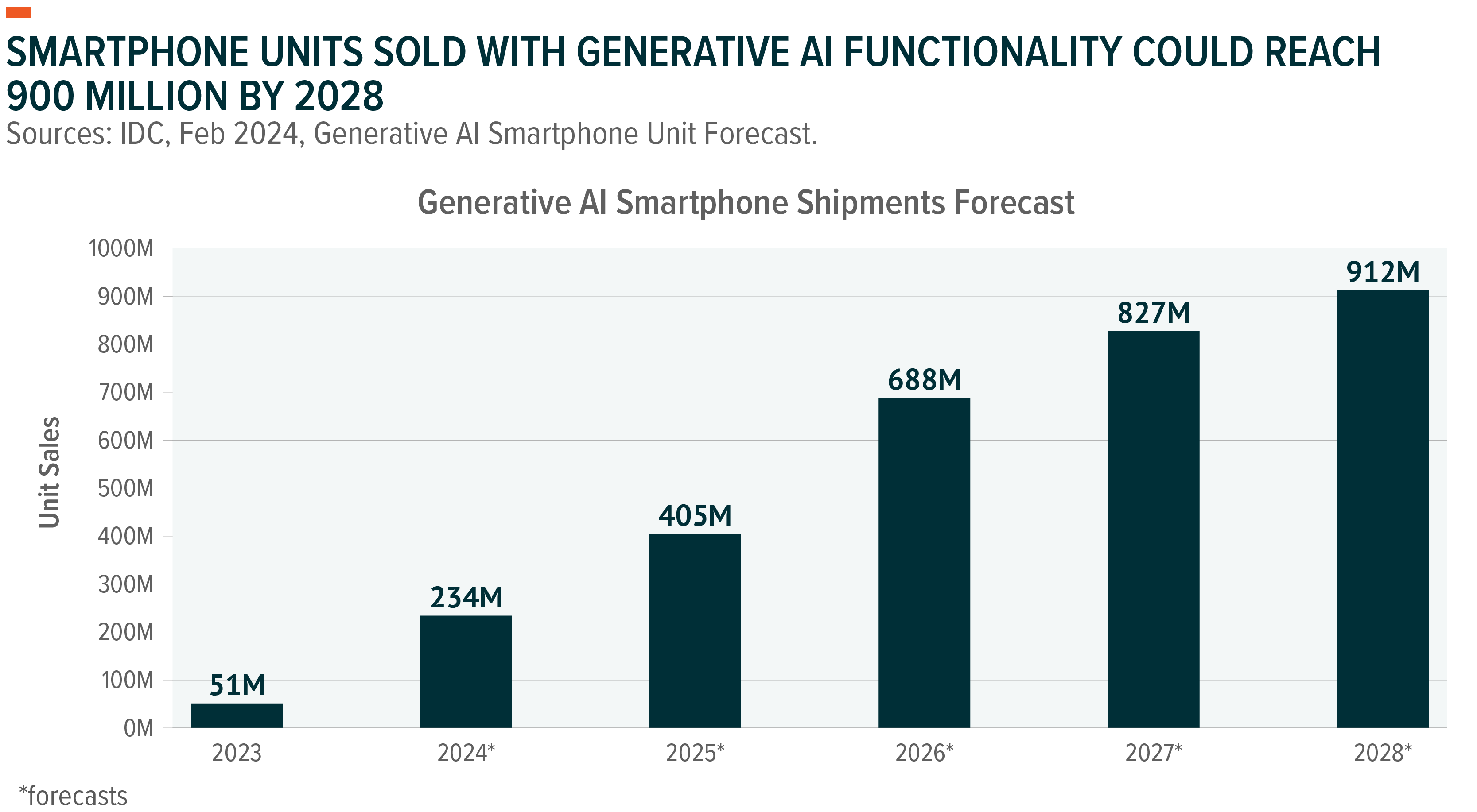
The continuous evolution of operating systems, such as the latest iOS and Android updates and features for 2025, is also integrating AI more deeply into the core user experience.
Pioneering AI: Spotlight on Samsung and Google
Leading smartphone manufacturers are at the forefront of AI integration, with Samsung and Google consistently showcasing innovative AI-driven features that define the cutting edge of mobile technology.
Samsung Galaxy AI Features
Samsung is leveraging its powerful NPUs to drive a suite of advanced AI features within its Galaxy line, enhancing user interaction and capability. These innovations are visible even in recent models like the Samsung Galaxy S24 Ultra, positioned alongside its predecessor.
Specific examples include:
- Real-time voice translation: Seamlessly translate conversations during phone calls, breaking down language barriers for global communication.
- AI-powered camera enhancements: The camera automatically adjusts settings based on the scene, and advanced computational photography techniques, enabled by sensors like the groundbreaking Samsung Epic 200MP ISOCELL camera sensor, deliver unparalleled image quality.
- Productivity tools: Features like smart summarization of documents and messages significantly aid in efficient information processing and task management, a testament to Samsung’s focus on AI features, potentially seen in future devices like the Samsung Galaxy Z Fold 7.
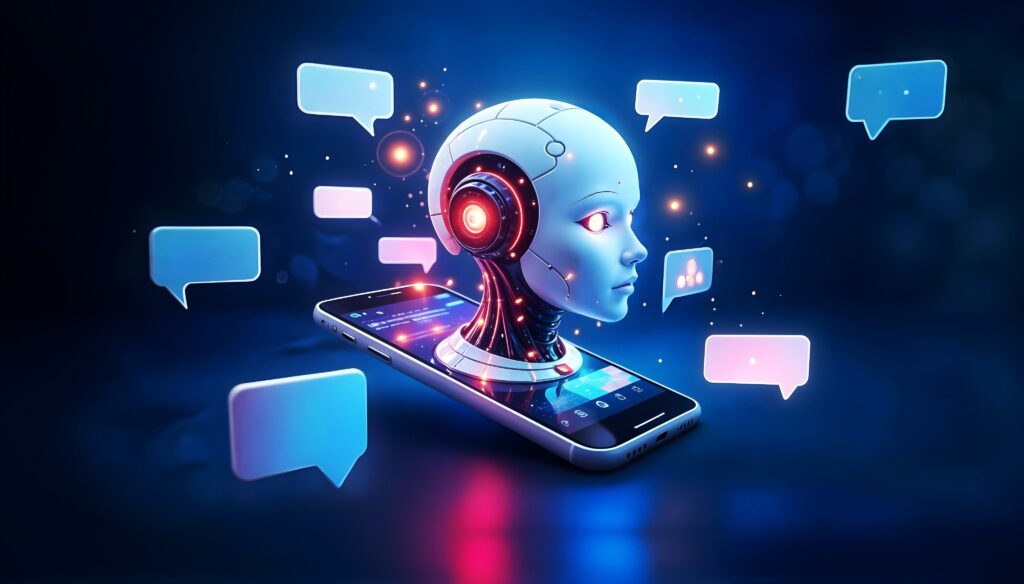
Samsung’s commitment to “on-device AI” in its latest Galaxy devices is a key differentiator, enhancing user privacy while delivering powerful AI capabilities. (Source: Grand View Research).
Google Pixel AI Capabilities
Google Pixel phones are renowned for their unique AI-driven functionalities, which are often deeply integrated into the Android experience, creating a seamless and intelligent ecosystem.
Key capabilities include:
- Advanced photo editing: Tools like Magic Editor, Best Take for group photos, and AI-powered unblurring empower users to perfect their shots with ease.
- Live Translate: Offers real-time, context-aware language translation across various applications, making communication effortless.
- AI-driven call screening and voice typing: Filters unwanted calls intelligently and provides sophisticated voice typing for hands-free input, enhancing productivity and convenience.
- Enhanced Google Assistant: The Assistant, powered by generative AI, offers more natural, conversational, and capable interactions, tightly integrated with device functions. This cutting-edge AI is a significant aspect of devices like the Google Pixel 9 and its AI.
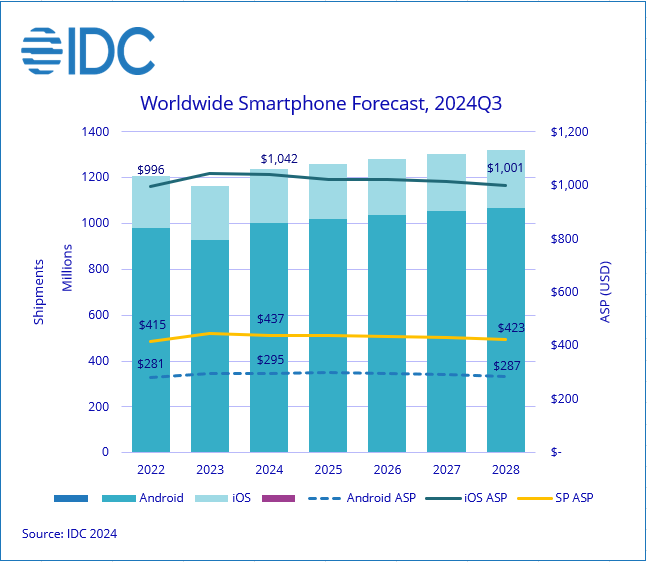
Google’s strength lies in the seamless integration of AI across its hardware and software, creating a fluid and intelligent user experience, a hallmark of devices like the Google Pixel 9.
These advancements reflect a broader industry trend where AI is becoming a core differentiator. Whether it’s the future of foldable phones like the Samsung Galaxy Z Fold 7 or the latest flagship releases, AI integration is key.
Defining the Best AI Smartphones of 2025
Identifying the “best AI smartphones 2025” involves looking beyond raw specifications to the depth and utility of AI integration that truly enhances the user experience.
The criteria for standout AI smartphones include:
- Dedicated AI Hardware: The presence of specialized AI chips or NPUs is crucial for efficient, on-device AI processing, enabling faster and more complex AI tasks without draining battery life.
- Depth and Utility of AI Features: AI should be integrated meaningfully across various functions, from photography and productivity to communication and security, offering practical benefits rather than superficial gimmicks.
- User Privacy and On-Device AI: A strong commitment to user privacy, particularly through the implementation of secure “on-device AI” solutions, is increasingly important.
- Real-World Effectiveness: The AI features must be intuitive, reliable, and demonstrably useful in everyday scenarios, not just in lab tests.
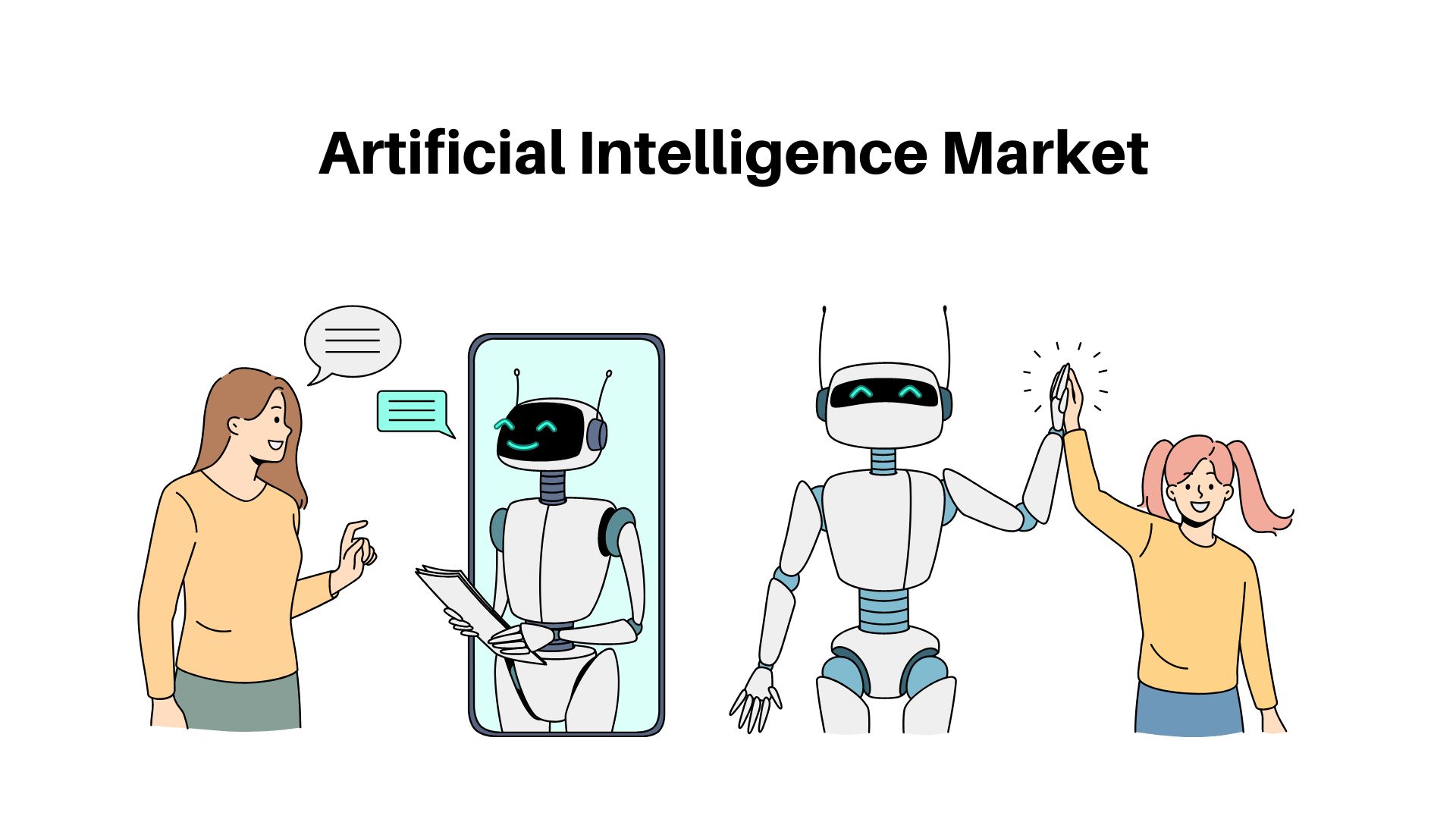
Leading brands and models expected to be at the forefront include:
- Samsung (Galaxy series): Continues to impress with its comprehensive suite of AI features and a consistent track record of innovation, including advancements in devices like the Samsung Galaxy Z Fold 7’s AI.
- Google (Pixel series): Remains a benchmark for AI prowess, with seamless integration across its hardware and software, exemplified by the groundbreaking AI capabilities of the Google Pixel 9.
- Apple (iPhone): Apple is steadily advancing its on-device AI capabilities, particularly with Siri improvements and sophisticated photography features, as seen in discussions about Apple Intelligence and iPhone 16 features.
- Other notable players: Brands like Xiaomi and OPPO are also making significant investments in AI, pushing the boundaries of what mobile devices can do. (Source: Grand View Research, Accio Business). Keep an eye on innovations like Xiaomi’s HyperOS 2.0.
This fierce competition among manufacturers directly fuels the projected “AI smartphone market growth 2025,” offering consumers an ever-expanding array of innovative devices.
When looking for the best devices, consider performance in areas like gaming and the overall package offered by the latest smartphone releases.
The Evolving Landscape: AI’s Future in Our Pockets
Looking beyond 2025, the trajectory of AI in smartphones promises even more transformative changes, with continued rapid expansion and increasingly sophisticated capabilities.
Projected trends for the ongoing “AI smartphone market growth” include:
- Generative AI Sophistication: Generative AI capabilities will become more advanced, enabling more creative and contextually aware outputs directly on the device.
- Personalized AI Agents: We can anticipate the integration of personalized AI agents capable of proactive assistance, complex task management, and learning user routines to an unprecedented degree, much like the concepts explored in Microsoft AI agent news for 2025.
- Advanced Edge AI: The adoption of more powerful edge AI will enable complex computations to be performed directly on the device, enhancing speed, efficiency, and privacy.
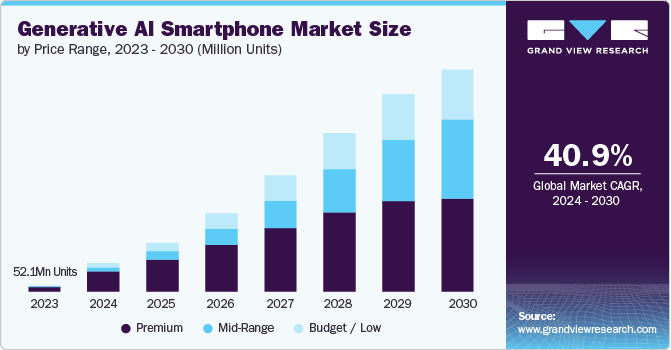
Potential future AI-driven features could include:
- On-device AI-generated content: Phones capable of generating original art, music, or short video clips based on user prompts.
- Hyper-personalized automations: Truly intelligent automations that anticipate needs and manage complex sequences of actions based on learned user behavior.
- Conversational and Context-Aware Assistants: Personal assistants that understand nuanced commands, maintain context across interactions, and proactively offer assistance.
The enduring “impact of AI on smartphones” will continue to shape user expectations and the competitive landscape, driving further innovation.
Ultimately, brands that prioritize robust “on-device AI” solutions and maintain transparency in their AI practices are likely to lead the market in the coming years, aligning with the broader trend of how AI is changing the world.
The future of AI in smartphones is about making our devices not just tools, but intelligent companions that enhance productivity, creativity, and connection. These are the unstoppable AI-powered smartphones that are shaping our future, and the top AI trends to watch in 2025.
Final Thoughts: Embracing the AI Smartphone Era
We’ve explored the significant “AI smartphone market growth 2025,” the profound “impact of AI on smartphones,” and the pioneering innovations from industry leaders like Samsung and Google.
AI is no longer a niche feature but a foundational component defining the modern smartphone experience, making our devices more intuitive, efficient, and powerful than ever before.
As you consider your next smartphone purchase, pay close attention to the advancements in AI. Look for devices that offer meaningful “Samsung Galaxy AI features,” impressive “Google Pixel AI capabilities,” and align with the promise of the “best AI smartphones 2025.”

The possibilities unlocked by AI through our mobile devices are vast and exciting, shaping how we interact with technology and each other in the years to come.
For further insights into this transformative technology, consider exploring how AI is changing the world, the rise of unstoppable AI-powered smartphones, and the top AI trends to watch in 2025. Additionally, explore the impact of AI-powered productivity apps and the specific AI features expected in future devices.
Frequently Asked Questions
What is the projected AI smartphone market growth for 2025?
The AI smartphone market is experiencing robust growth. Projections indicate a significant upward trend leading into and beyond 2025, with substantial increases in unit shipments and market value expected in the coming years.
How is AI impacting the user experience on smartphones?
AI is transforming the user experience by enabling deeper personalization, more intuitive communication tools (like real-time translation and smart text prediction), enhanced photography capabilities through computational imaging, and optimized device performance and battery management.
What are some key Samsung Galaxy AI features?
Key Samsung Galaxy AI features include real-time voice translation during calls, AI-powered camera enhancements for superior image quality, and intelligent productivity tools like document summarization. Many of these focus on efficient, on-device processing.
What makes Google Pixel phones stand out in terms of AI?
Google Pixel phones are known for their deep AI integration, offering advanced photo editing tools (e.g., Magic Editor), Live Translate for real-time language conversion, AI-driven call screening, sophisticated voice typing, and an enhanced Google Assistant powered by generative AI.
What does “on-device AI” mean for smartphone users?
“On-device AI” means that AI processing happens directly on your smartphone, rather than being sent to a remote server. This enhances user privacy and data security, reduces reliance on internet connectivity for AI features, and often leads to faster performance.
Which brands are considered leaders in the AI smartphone market for 2025?
Leading brands in the AI smartphone market for 2025 include Samsung (Galaxy series) and Google (Pixel series), recognized for their advanced AI features and integration. Apple (iPhone) is also a major player, with brands like Xiaomi and OPPO rapidly advancing their AI offerings.
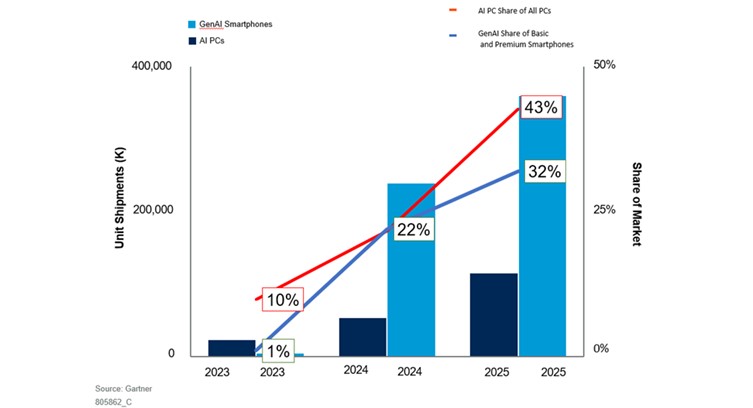
“`


